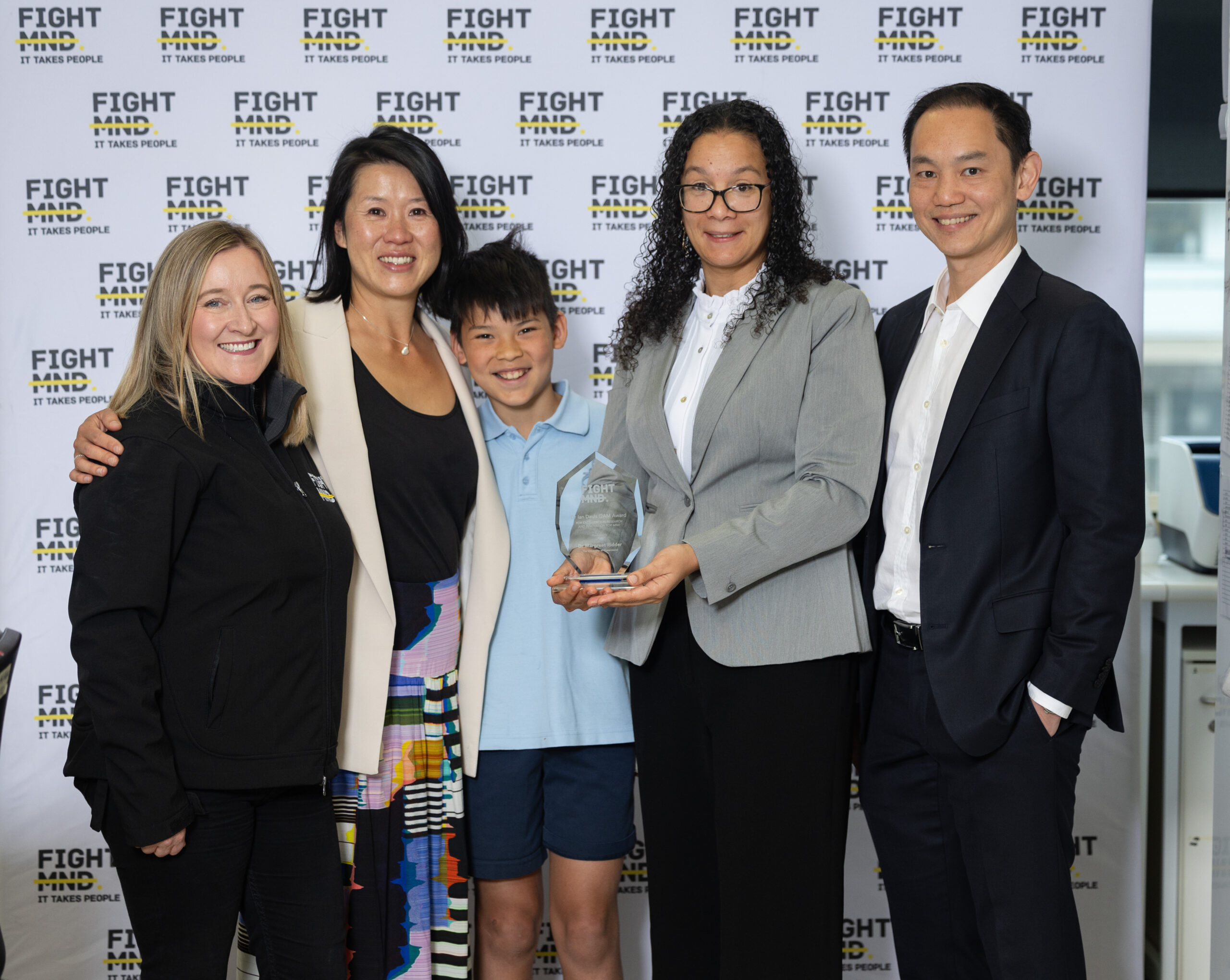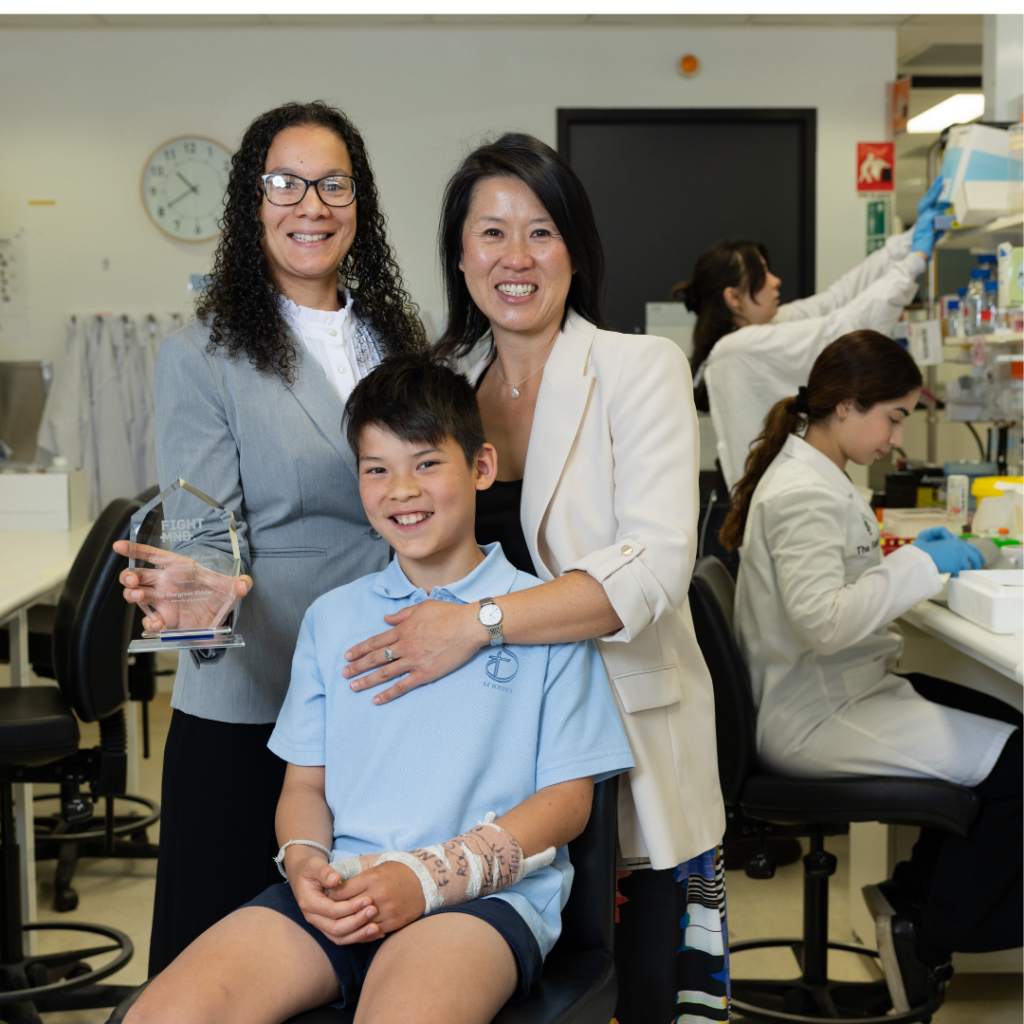Researching gene therapy to improve motor neuron health

To beat the Beast, researchers need to understand the causes and progression of motor neurone disease (MND). Understand the challenges in drug development and clinical trials. Understand how to target disease-causing genes.
Dr. Margreet Ridder is a recipient of a 2024 Improving and Accelerating Translation (IMPACT) grant. Based at the Queensland Brain Institute at the University of Queensland, she is leading research titled Targeting Motor Neurone Hyperexcitability with Drug-Controlled Gene Therapy. This project aims to determine whether a gene therapy that slows motor neurone activity can improve their health. Potentially preventing MND.
Dr. Ridder is the first recipient of the Dr. Ian Davis OAM Award. Named after FightMND Co-founder, Dr Ian Davis, the Award recognises and honours research excellence. It is presented to the highest-ranked project in the grant round.
Here Dr. Ridder discusses her research and highlights the vital role of grants for MND research.
What is your project about?
Neurones are excitable cells. They use electrical signals to communicate with each other and the muscles in our body. Too much excitability, known as hyperexcitability, can cause neurones to die. This project aims to rescue motor neurones from hyperexcitability using gene therapy.
What do you hope to achieve with your project?
Ultimately, the goal of this project is to provide a gene therapy option for patients with sporadic MND. Sporadic MND is a diagnosis given to cases with no apparent family history of the disease.
One of the first steps to bring a new gene therapy to patients is to show its safety and effectiveness in preclinical models. This research looks at this.
What is new about your project?
Researchers, including myself, have used a wide range of tools to control neurone excitability to determine their function in specific behaviours. We have adapted this technology as a therapeutic intervention to reduce motor neurone hyperexcitability in MND.
How does your project contribute to the MND research community?
Gene therapy has recently emerged as a strategy for treating MND. Specifically in cases where there is a family history of the disease. This research aims to provide a gene therapy avenue to treat all forms of MND.
How does a FightMND grant help your project?
This IMPACT grant makes this research possible! This project has been paused previously due to a lack of funding.
Suspending research, or even worse, abandoning it, is a common reality for many researchers.


What is different about your project compared to existing research?
Medications reducing hyperexcitability, such as rilozole, focus on reducing the excitation of neurones. This research focuses on increasing inhibition instead. To achieve our goal, we have engineered a human silencing receptor as part of this work.
Why is it important for Australians to continue to donate to FightMND?
One of the devastating things about MND is that time is not on your side when you are diagnosed. Without sufficient funding for research, there is a real risk that promising research projects will be put on the shelf, or worse, stopped.
We need an army of researchers that are sufficiently funded if we want to speed up research discoveries.
Advancing research: FightMND’s 2024 grant round
In 2024, FightMND is investing $18.89 million into research and care initiatives for people living with MND.
As we mark 10 years of FightMND, this year’s funding brings our total investment into MND research to an incredible $115.78 million!
This year’s projects continue to build on the incredible work done in the MND research space to date. Each one aims to improve the lives of those living with MND and their families. Want to know more? Check out our 2024 Cure and Care Investment booklet for more information about the incredible projects receiving funding in 2024.